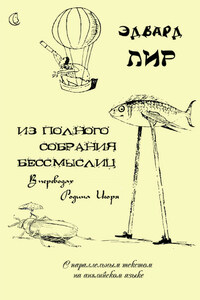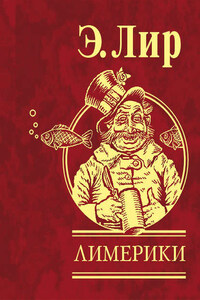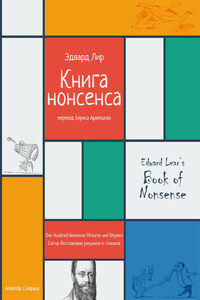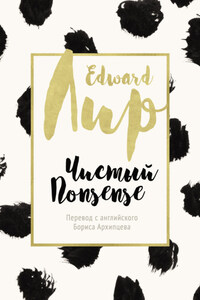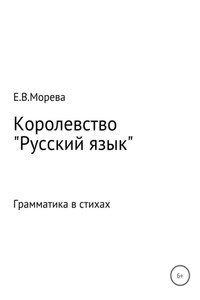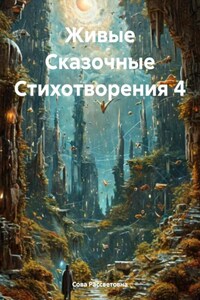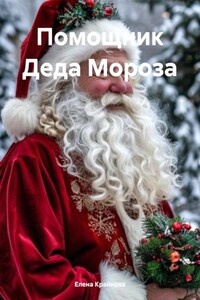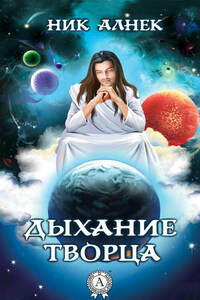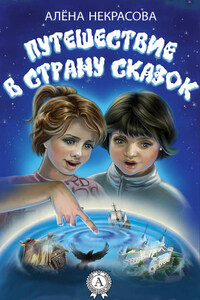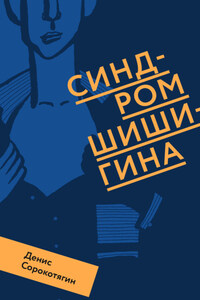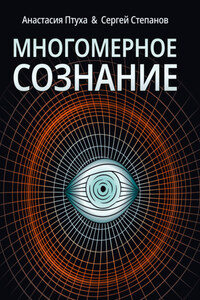Our mother was the Pussy-cat,
Our father was the Owl,
And so we’re partly little beasts
And partly little fowl,
The brothers of our family
Have feathers and they hoot,
While all the sisters dress in fur
And have long tails to boot.
We all believe that little mice,
For food are singularly nice.
Our mother died long years ago.
She was a lovely cat
Her tail was 5 feet long, and grey
With stripes, but what of that?
In Sila forest on the East
Of far Calabria’s shore
She tumbled from a lofty tree —
None ever saw her more.
Our owly father long was ill
From sorrow and surprise,
But with the feathers of his tail
He wiped his weeping eyes.
And in the hollow of a tree
In Sila’s inmost maze
We made a happy home and there
We pass our obvious days.
From Reggian Cosenza
Many owls about us flit
And bring us worldly news
For which we do not care a bit.
We watch the sun each morning rise,
Beyond Tarento’s strait;
We go out pleasure seeking,
Before it gets too late;
And when the evening shades begin
To lengthen from the trees
Yoy’ll find us merrily dancing
As sure as bees is bees.
We wander up and down the shore
Or tumble over head and heels,
But never, never more,
Can see the far Gromboolian plains
Or weep as we could once have wept
O’er many a vanished scene:
This is the way our father moans —
He is so very green.
Our father still preserves his voice,
And when he sees a star
He often sings to the strings of that
Original guitar.
The pot in which our parents took
The honey in their boat,
But all the money has been spent,
Beside the 5-pound note.
The owls who come and bring us nows
Are often sent away
Because we take no interest
In poltix of the day.
